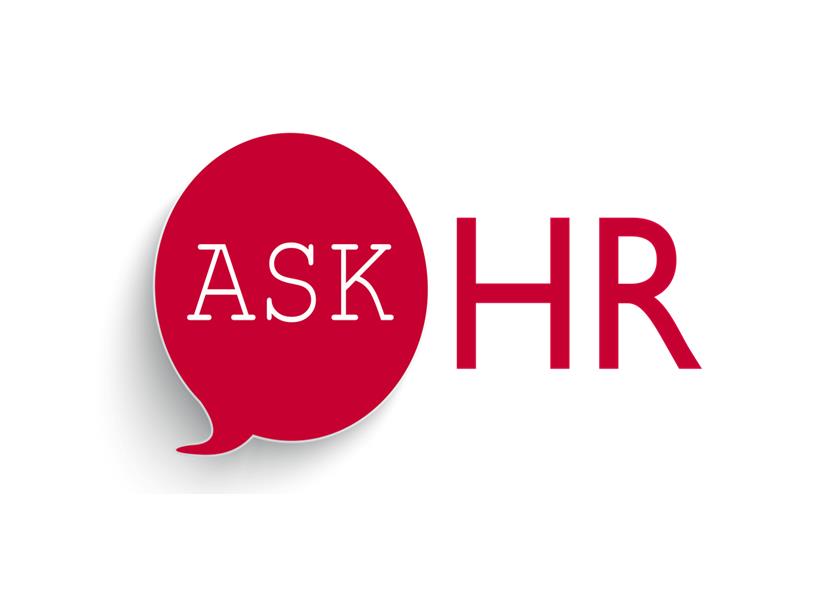Dear HR, I have an employee that I am pretty sure that has been experiencing bullying at my workplace for the last 4 months. Some of the behavior comes from co-workers, and some of it comes from one of my shift supervisors. Can you help me understand what kind of work behavior is defined as bullying?

HR Answer. Most American workers used to characterize workplace bullying as “I have a bad boss – my boss hated me.” “I worked for a terrible company – it was a horrible job” or “My co-workers hated me.” In the past, most American workers would either quit their job or accept a bad work environment until they could find another job. In the last 10 years, the concept of bullying has come to the forefront of public consciousness via the educational system. The public and the American workforce now recognize that adults can and do bully other adults – and it most often takes place at work!
BOLI defines bullying as offensive, intimidating, malicious or insulting behavior that involves an abuse or misuse of power through means that undermine, humiliate, shun, denigrate or injure the person being bullied. It also involves a pattern of behavior rather than isolated instances—by definition, bullying happens repeatedly and persistently over time. Fear of losing a job or the lack of any support from upper management or a company’s Human Resources department makes employees more vulnerable to workplace bullying. Workplace bullying is an equal opportunity phenomenon—it can be carried out by supervisors, managers, and co-workers.
Supervisor-bullying can involve the following: Your supervisor imposes high expectations that lead to impossible or difficult work goals or imposes constantly changing work goals that can never be met. It can involve constantly criticizing an employee and/or imposes constant, excessive discipline due to “poor work performance;” including constantly threatening the employee with dismissal. Supervisory bullying may involve the unfair distribution of work activities, assignments, or lack of; along with a loss of job opportunities or promotions; or demands/imposes excessive overtime or abusive work schedules. You have been bullied if you have complained and received a retaliatory loss of job opportunities or punitive work activities and schedules.
Bullying by co-workers can come in many different forms: A co-worker bully can make physical or verbal threats or constantly insults, or publicly humiliates a co-employee. They can also spread malicious, untruthful information or gossip to intimidate or turn others against the target; make false accusations of incompetence; blames target for others’ errors or takes credit for the target’s successes at work or encourages other co-workers to sabotage or even shun the employee. A group of co-workers targeting another worker online in social media exchanges is also a form of workplace bullying.
Your next step is to call Cardinal Services’ HR Department and set up an appointment to discuss your employee’s experience. Also, it is wise for you to write down all the incidents and patterns you believe fall under the category of bullying – including if possible, the dates, times, people who were involved in these incidents. Cardinal Services does not condone or support or accept any workplace bullying – either by a supervisor or co-worker. We’re here to help!
